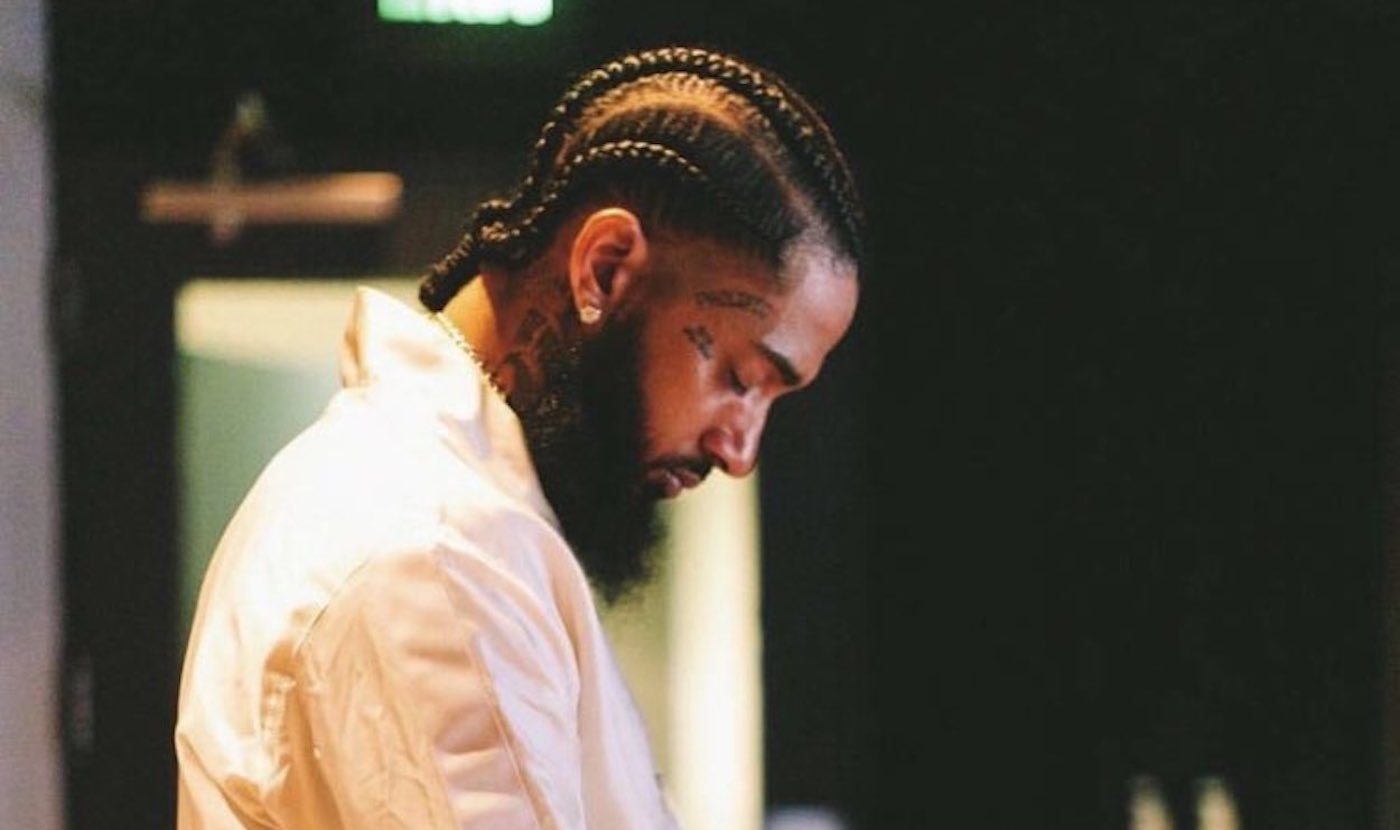Ava DuVernay reflects on getting Nipsey Hussle’s voice on the closing credits of her hit TV series When They See Us.
After Netflix released When They See Us, a miniseries based on the Central Park jogger case of 1989 and the young boys who were wrongly accused of the crime, the infamous story gained new life and a modern-day perspective, enraging viewers and prompting social justice conversations everywhere. Recent allegations brought forth in a lawsuit by John E. Reid and Associates accuse Netflix, and Ava DuVernay, the project’s creator and director, of defamation after a scene critiqued the use of “The Reid Technique” interrogation process.
The situation prompted Ava DuVernay to show her appreciation of all contributors to the project, including late rapper Nipsey Hussle. Taking to Twitter, DuVernay wrote, “I wanted Nipsey’s voice to blanket the end credits and close the five-hour film. His estate gave me approval during a very hard time for them, with no monetary gain, just two weeks after his passing. A massive gift. Forever grateful.”
For WHEN THEY SEE US, I wanted Nipsey’s voice to blanket the end credits and close the five-hour film. His estate gave me approval during a very hard time for them, with no monetary gain, just two weeks after his passing. A massive gift. Forever grateful. pic.twitter.com/txa6sJr37k
— Ava DuVernay (@ava) December 1, 2019
DuVernay and Netflix representatives claim that the mention of the Reid Technique should have no legal implications, and to move forward with proceedings, in this case, would have “a profoundly chilling effect on core First Amendment speech.” The moment in the film that is being brought into question occurs when a character refers to the Reid Technique as a “universally rejected” interrogation style. John E. Reid and Associates are arguing that the technique should not be condemned.
Regardless of the validity of the Reid Technique, When They See Us did a great job of pointing to several social issues that are still very relevant today, including racism, corruption within law enforcement, and mass incarceration. During his short life, Nipsey Hussle was very involved in his community and advocating for social justice causes, making his music the perfect choice to end such a profound film.
Bless you, King. pic.twitter.com/EdTtbV2Oi5
— Ava DuVernay (@ava) November 20, 2019
Nipsey Hussle was shot to death on March 31, 2019 while standing with friends outside his The Marathon Clothing store in south Los Angeles. The rapper has been remembered as a pillow in his community, and as someone who cared deeply about the economic well being of his community.
